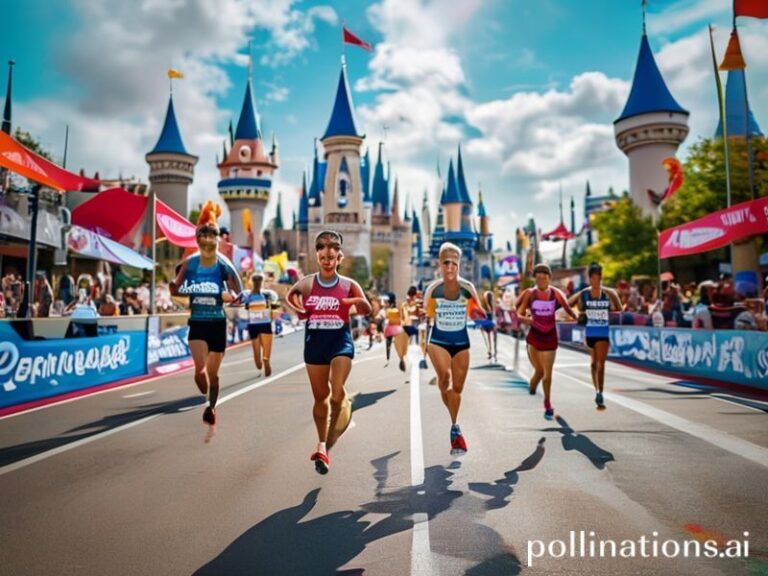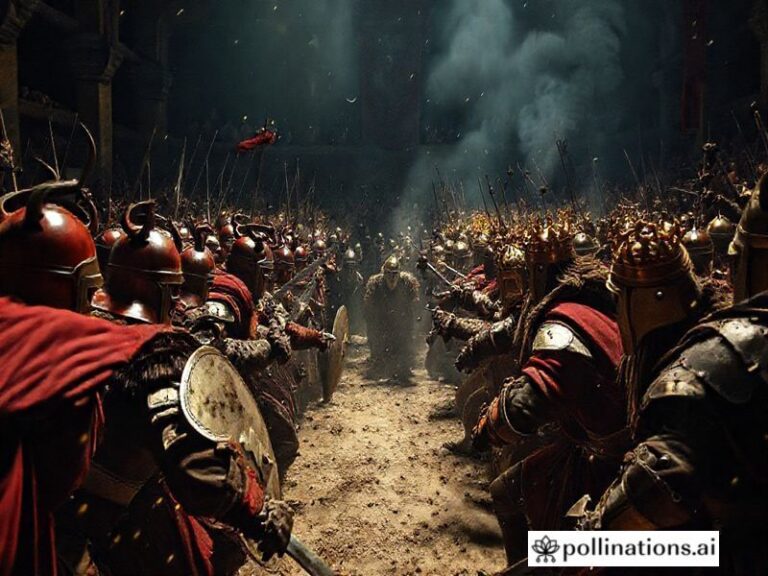world athletics schedule
World Athletics Schedule 2024: A Global Itinerary of Sweat, Flags, and the Quiet Horror of Personal Bests
Dave’s Locker, International Desk – 12 June 2024
If you unfold the 2024 World Athletics calendar and hold it up to the light, it looks uncannily like a boarding pass for humanity’s more delusional ambitions. The season begins, politely enough, in Xiamen on 20 April, where marathoners will jog past seaside luxury condos built on land that used to be sea. From there it’s a hop to Suzhou, then Rabat, then—why not?—New York, where the city will briefly shut down so a horde of sinewy tourists can remind Wall Street analysts what genuine cardiovascular risk looks like.
By June the circus reaches Rome, a city that has hosted footraces since the days when emperors used them to thin out the citizenry. The Eternal City’s streets will again echo with spikes on tarmac, though this time the only lions in attendance will be on the municipal crest and the carabinieri’s shoulder patches. July brings the grand synod in Paris: the Olympic Games, where NBC will spend more on slow-motion montages than some nations spend on rice subsidies. There, on a purple track made from recycled yogurt cups, we will collectively pretend that milliseconds are metaphysics.
The schedule’s deeper genius lies not in the races themselves but in the logistics—an air-traffic ballet of 2,000 athletes, 500 coaches, 300 physios, and at least one guy named Jürgen whose only job is to make sure the starting blocks aren’t confiscated by customs as agricultural equipment. Carbon footprints? Don’t be vulgar. The IAAF offsets everything by planting a ceremonial tree near every stadium. It dies quietly six months later, but the press release lives forever.
For host cities the calendar is equal parts tourism campaign and municipal stress test. Rabat’s tram system will be “upgraded” in the 72 hours before the meet, a phrase that in Moroccan Arabic translates roughly to “we’ll hire extra boys with whistles.” In Silesia, Poland, the local government has promised to repaint the stadium in national colors, a decision that has already triggered an academic conference on whether white and red are metaphors for blood and surrender. Meanwhile, the athletes—those immaculate data points in Lycra—will pretend not to notice the stray dogs wandering across the warm-up track. They’ve been told the dogs are “regional mascots.” One suspects the dogs haven’t been told anything.
Global significance? Oh, it’s there, coiled like a hamstring waiting to pop. The schedule funnels television money from the rich hemisphere to the poor one in a trickle so precise it could be measured with a syringe. Shoe companies use the results to decide whose Instagram account to colonize next. And every national Olympic committee studies the calendar the way hedge funds study crop reports: one false step in Nairobi could wipe out a ministry’s entire sports budget in Tegucigalpa.
Yet for all the cynicism baked into the timetable—the doping labs on speed-dial, the visa officers who double as talent scouts, the commentators who describe “grit” with the reverence once reserved for saints—there remains something almost touching about the whole pageant. Every heat sheet is a miniature United Nations where the poorest nation can still draft a kid who outruns satellites. The schedule may be a logistical hallucination, but the finish line is gloriously indifferent to GDP.
So circle your own insignificant calendar. Somewhere between the Prefontaine Classic in Eugene and the Diamond League finale in Brussels, humanity will keep sprinting away from its problems, pausing only for water breaks and shoe commercials. The planet warms, the debts balloon, the populists rage, but for ten blistering seconds the 100 metres remains the same length it was when cavemen timed each other with sundials carved from regret. That, dear reader, is the darkest joke of all: we can’t fix the world, but we can schedule it.







